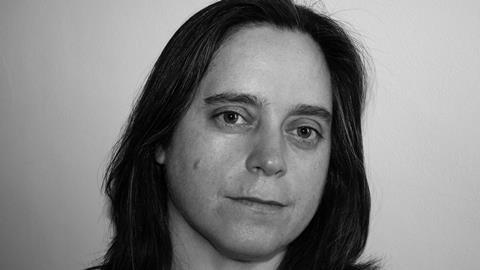I decided not to do law as my first degree. I studied joint honours (politics and history) to give me longer to decide whether that was the right choice.
I was then lucky enough to get a placement at Wilde Sapte in London, which was geared to non-law graduates. I loved every minute – and I knew being a commercial lawyer in London was what I wanted to do.
Nottingham Law School offered a very practical conversion and LPC course, which was fairly revolutionary at the time (1993-95) and a great preparation for being a trainee.
After being a paralegal, I finally managed to get a training contract at Allen & Overy where I received fabulous training. The legal precedents were in plain English (unusual back in the 1990s); the IT and knowledge systems were top of the range; there were a workload and clients of the highest calibre; and the lawyers I worked with were exceptionally good and took time to train you. There was an emphasis on providing real commercial advice to the clients which was solutions-based and which, in looking back, has been incredibly important for me during my career.
My current challenge is to make clients understand how I can work remotely and still provide a service they are used to. The concept of a legal consultant working in the way I do (from home in Italy or Scotland) is still somewhat strange to a number of colleagues and clients alike – but this perception is changing all the time.
Any lawyer will tell you that everyone you know seeks your advice, even on issues you have no knowledge of. I am not sure I’ve put it to any other practical use, though.
My career highlights always relate to praise from clients and colleagues that I have done a good job. Fortunately, I can remember a number of such occasions.
The hardest sort of client is one who limits the amount of information or facts given, so you have to delve deeper to get any answers. When that ultimately leads to more fees, the client gets very upset when, in fact, it was avoidable.
I think the introduction of Stamp Duty Land Tax was painful for all involved, but I have a feeling the ‘great repeal bill’ may become my least favourite of all time.
Technology has improved so many aspects of the profession. In property law the use of online searches and the development of the land registration system brought huge changes, both good and bad. What is gained is a much more streamlined and efficient service to the client, but as searches and title information are obtained so easily I am not sure they are reviewed with as much depth or analysis as they should be.
Of course the development of technology means I can now do the work that I do, so I should not complain.
My hope is that the law will still be seen as a profession and particularly in my area of expertise – not something that can be outsourced or simply insured against.
































No comments yet